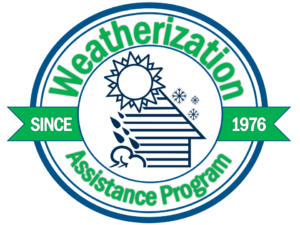

“The sheer number of people affected by COVID-19 threatens to overload the existing private and public programs that have alleviated financial struggle over utility bills,” says Mark Wolfe, executive director of NEADA. population was covered by a COVID-19 moratorium - down from 57% in July. The National Energy Assistance Directors’ Association (NEADA), which represents state administrators of the federal Low Income Home Energy Assistance Program (LIHEAP), estimates that at the end of October, only 40% of the U.S. Many of these programs have already expired or will expire soon, according to the Wall Street Journal. Now state, county, and city governments and private utility companies have enacted utility shutoff moratoriums in response to historic unemployment numbers and COVID-19. These moratoriums are either based on fluctuating temperatures or scheduled for certain months throughout the year. Utility companies will often enact moratoriums in the winter or summer (depending on where you live) when the weather is too extreme to send out a technician. This means that you could owe several months’ worth of water, electric, or gas bills, on top of getting those utilities shut off, when your state moratorium expires.Ī utility moratorium is a temporary suspension of shutoffs, meaning utility companies can’t cut your access to electricity, water, gas, or electricity due to non-payment.

And even if you’re fortunate enough to be covered by a moratorium, it doesn’t mean you’re in the clear - it only means your unpaid bills are deferred. While somes states have been extending their COVID-19 moratoriums as the pandemic stretches on, utility shutoff moratoriums in Florida, Virginia, and other states have ended, leaving millions of working-class people holding the bag. As a result, many local governments and public utility companies have passed moratoriums on utility shutoffs, so that people can still have running water, electricity, and heat even if they fall behind on payments. This financial insecurity extends to necessary household expenses like utility bills. More than 80 million Americans are having difficulty paying their bills during the COVID-19 recession, according to the U.S. For more information, see How We Make Money. Some links on this page - clearly marked - may take you to a partner website and may result in us earning a referral commission.

We want to help you make more informed decisions.


 0 kommentar(er)
0 kommentar(er)
